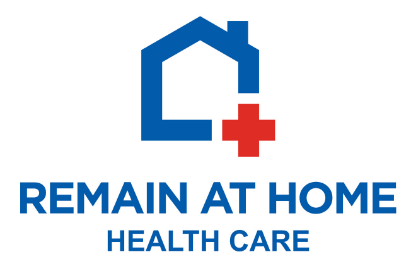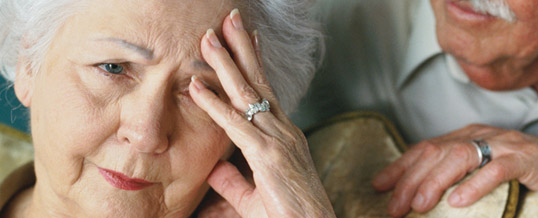In the normal course of life, most of us go through occasional periods of isolation and loneliness. For the elderly, these “lonely patches” tend to be more frequent and more pronounced and can lead to emotional strain and even acute depression.
Author Richard Leider reports that transitions (career change, divorce, retirement, moving, losing a loved one) play a key role in isolation and says seniors are more vulnerable to isolation due to sometimes frequent life transitions and also living alone – a surprising 4 out of 10 people age 65 and over in America live by themselves.

Brian Carrigan
Founder & Co-Manager
Surprisingly, the AARP’s “7 Things to Know About Isolation,” contends that the number one cause of social isolation is “intensive caregiving,” meaning that caregivers themselves often wind up feeling just as isolated and alone as the seniors they are taking care of. Predictably, another cause of isolation is an inability to drive a vehicle. Last is the simple fact that the elderly often don’t have as many close contacts as they once did due to death and the “spreading out” of friends and relatives who now live in different parts of the country.
The effects of intense isolation can negatively affect a senior’s physical and mental states, leading to chronic illnesses including increased blood pressure, obesity and the incidence of Dementia/Alzheimer’s disease. Isolation, however, is arguably a problem that can be “repaired.”
One large hurdle to helping seniors is their own unwillingness to stay connected, but families can help alleviate isolation through more frequent visits and a commitment to teaching seniors how to “hyper-nurture” what is in their direct sphere of contact, i.e. taking care of pets, plants, other seniors who are in need, volunteering and assisting with the raising of children. All are great medicine against feelings of loneliness.
As human beings we have a responsibility to take care of our seniors. We all can do a better job of helping those in need to “reimagine” what they truly care about in life and to embrace it.
Nearly every community provides seniors with opportunities for social interaction; sometimes we just need to go the “extra mile” to get them there. It might be a friendly gesture, an invitation, transportation or simply a consistently-timed drop-in visit or phone call.




